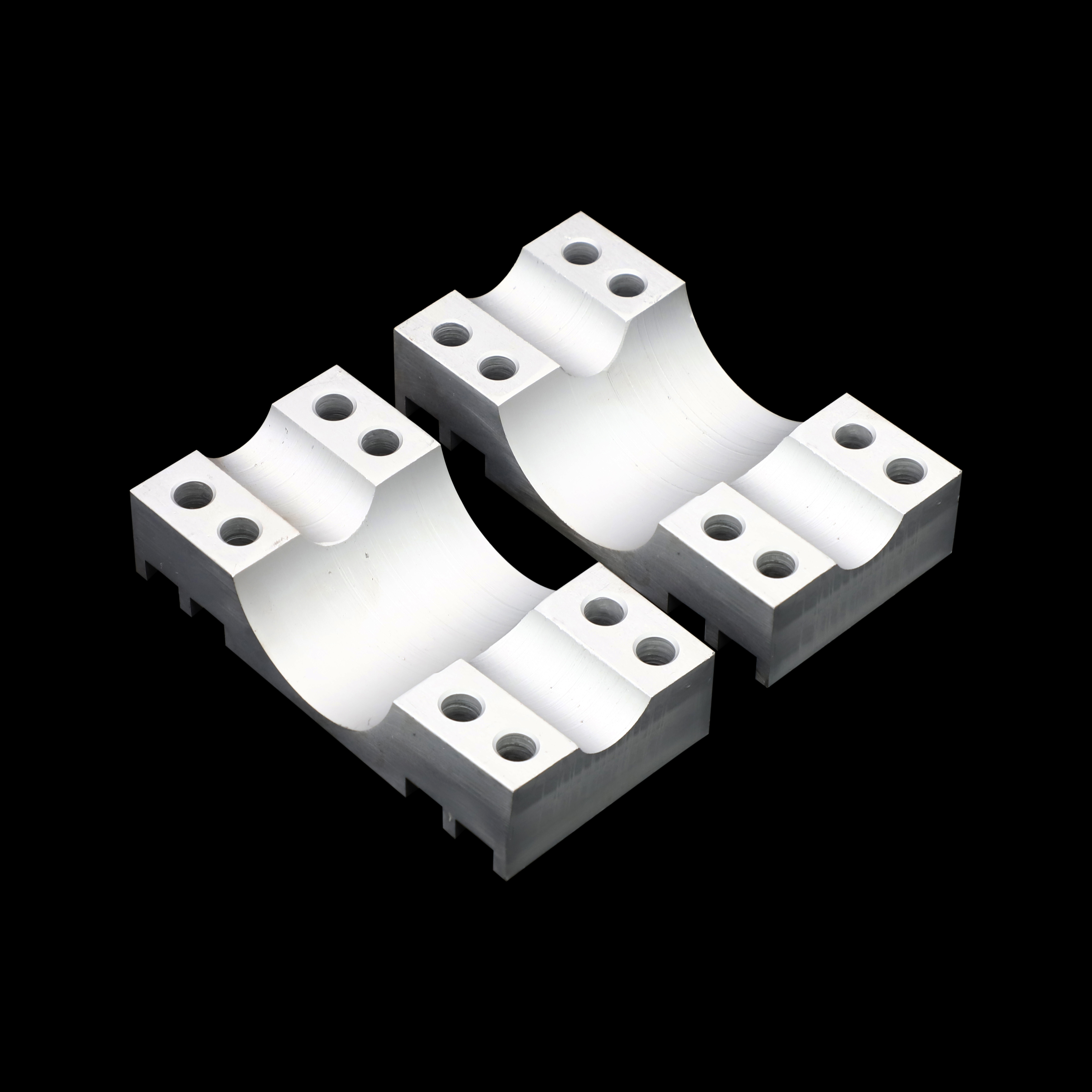



Welcome to the world of precision engineering! CNC (Computer Numerical Control) technology has revolutionized the manufacturing industry, and it is now finding its way into the automotive sector. With CNC machines, car manufacturers can produce complex parts with unparalleled accuracy and speed. This means that we can enjoy better performance, safety and aesthetics in our cars than ever before. So, if you're a car enthusiast or simply curious about how technology is transforming the automobile industry, this blog post is for you! In this article, we'll explore how CNC technology works in car manufacturing and why it's an exciting development for drivers everywhere. Let's get started!
CNC stands for Computer Numerical Control. It is a process thatuses computer-controlled machine tools to create parts with high accuracy. CNC machines are used in many industries, including the automotive industry.
CNC machines can create parts with very tight tolerances and can also produce complex shapes. This makes them ideal for use in the automotive industry where parts need to be precise and fit together correctly. CNC machines can also be used to create prototypes of new parts before they are mass produced.
There are many different types of CNC machines, each designed for different tasks. Some common types of CNC machines used in the automotive industry include milling machines, lathes, and plasma cutters.
CNC (Computer Numerical Control) is a manufacturing process that uses computers to control machine tools. This technology has been around for decades and has revolutionized the manufacturing industry. Today, CNC is used in a variety of industries, including automotive, aerospace, and medical.
CNC offers many advantages over traditional manufacturing processes.
First, it is much more precise than manual machining. This means that parts can be made to tighter tolerances, which is critical in the automotive industry where precision is key.
Second, CNC machines are faster than their manual counterparts. This increased speed allows for greater productivity and shorter lead times.
Third, CNC machining can be used to create complex shapes that would be impossible to produce with traditional methods. This flexibility gives designers greater freedom when creating parts for cars.
Fourth, CNC machines are highly versatile and can be used for a variety of applications such as milling, turning, and drilling. This versatility means that one machine can be used to produce a wide range of parts, which reduces the need for multiple machines and helps to keep costs down.
Fifth, CNC machines are relatively easy to operate and require minimal training compared to other types of machinery. This makes them ideal for small businesses who may not have the resources or manpower to invest in training operators for more complicated machinery.
Overall, CNC machining offers many advantages over traditional manufacturing processes. It is more precise, faster,
CNC, or Computer Numerical Control, is a technology that has been around for decades but is only now becoming widely adopted in the automotive industry. CNC allows for the automated control of machine tools, such as lathes and milling machines, using a computer program. This technology offers a number of advantages over traditional methods of manufacturing cars.
CNC machines can operate 24 hours a day, 7 days a week, meaning that production can be increased without the need for extra shifts or overtime. This also means that production can be more consistent, as there is less chance of human error. CNC machines are also able to produce parts with much greater precision than manual methods, meaning that less waste material is produced and fewer defects in the final product.
The adoption of CNC technology in the automotive industry is still in its early stages, but it is clear that it has the potential to revolutionize the way cars are manufactured. As more companies begin to adopt this technology, we can expect to see even more changes in the way cars are made in the future.
Different types of CNC for car:
1. numerical control (NC)
2. computer numerical control (CNC)
3. programmable logic controller (PLC)
4. microprocessor
5. machine code
6. additive manufacturing (3D printing)
1. Numerical control (NC) is the automation of machine tools that are operated by abstractly programmed commands encoded on a storage medium, as opposed to controlled manually via handwheels or levers, or mechanically automated via cams alone. NC machines combine three essential features:
-They use a sequence of coded instructions to carry out different machining operations;
-They can be operated without human intervention; and
-They can be changed to produce different parts by altering the coded instructions, without having to make extensive changes to the machine itself.
2. Computer numerical control (CNC) is a form of NC that uses computerized controls instead of manual ones and stores the coded instructions in memory for recall and modification as needed. CNC machines are more versatile than NC machines and can carry out a wider range of functions, but they are also more expensive and require more specialized training to operate.
3. Programmable logic controllers (PLCs) are another form of NC that use pre-programmed commands to control machinery, typically in industrial settings. PLCs are more rugged and durable than CNCs,
CNC is a very important tool in the automotive industry. It allows for the creation of cars that are more accurate and have less waste. CNC is also faster than traditional methods, which means that more cars can be made in a shorter amount of time.
The benefits of CNC make it an essential tool for any car company. Any company that wants to stay competitive must use CNC in order to create the best possible product.





